News
Launched in 1999 and updated regularly, Statewatch News includes our own reporting and writing as well as articles, announcements, documents and analyses from elsewhere on civil liberties, EU policies and state practices. You can receive updates in your inbox by signing up to our mailing list, or use our RSS feed to get instant alerts.

EU: New judicial cooperation deals with dubious regimes proposed
The EU will seek agreements between EU judicial cooperation agency Eurojust and a range of non-EU countries - including states with dismal human rights records such as Egypt, Turkey, Israel and Algeria - following approval from the Council of the EU for the opening of negotiations.
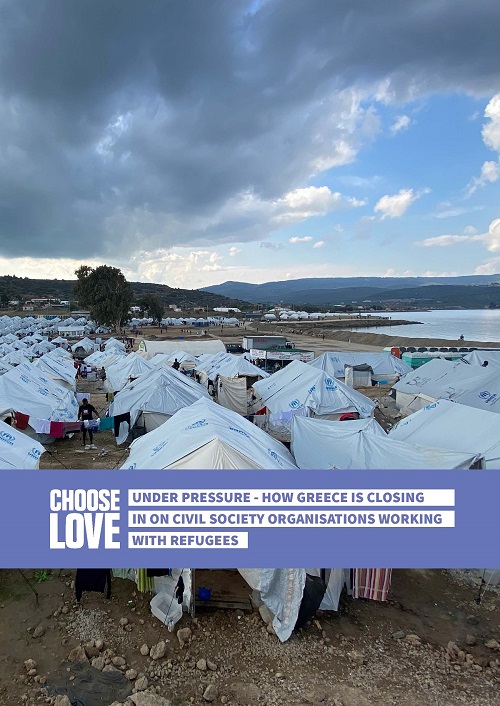
Greece: Crackdown on civil society groups working with refugees
A survey of 70 groups working with migrants and refugees in Greece reveals widespread problems provoked by changes to the country's legislation governing civil society organisations.
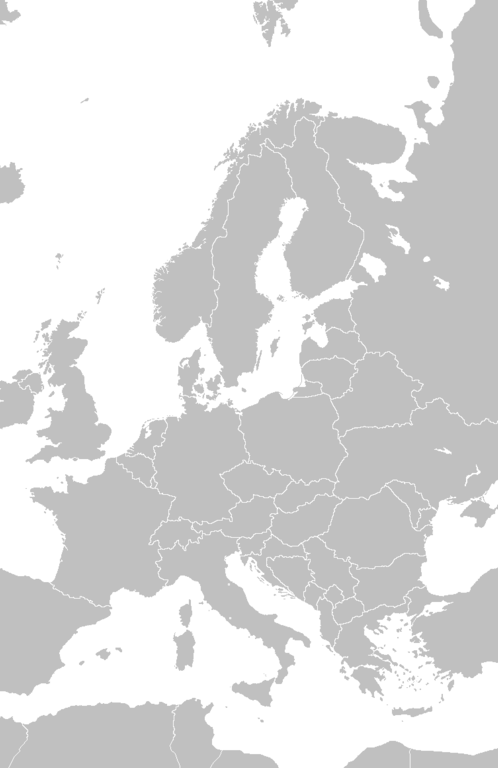
Immigration and asylum round-up: 19 January - 1 March 2021
This Frontex-heavy issue of our immigration and asylum round-up includes items looking at criticism of, responses to and inquiries into the agency's alleged involvement in pushbacks in the Aegean, non-compliance with its fundamental rights obligations and a European Parliament inquiry into its mode of operation and internal affairs.
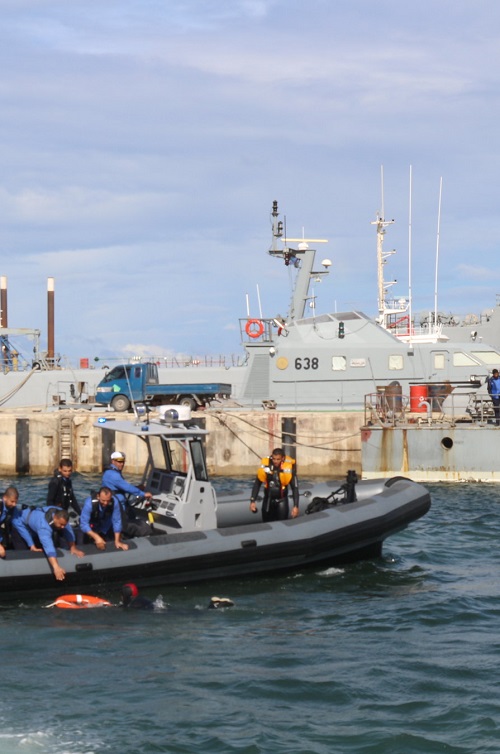
Libya: Interceptions of people fleeing by sea increase as EU border mission seeks two-year extension
The EU Border Assistance Mission in Libya (EUBAM Libya) wants to continue its support for the Libyan coast guard agencies that intercepted almost 3,000 more people at sea in 2020 than in 2019, according to a document obtained by Statewatch.
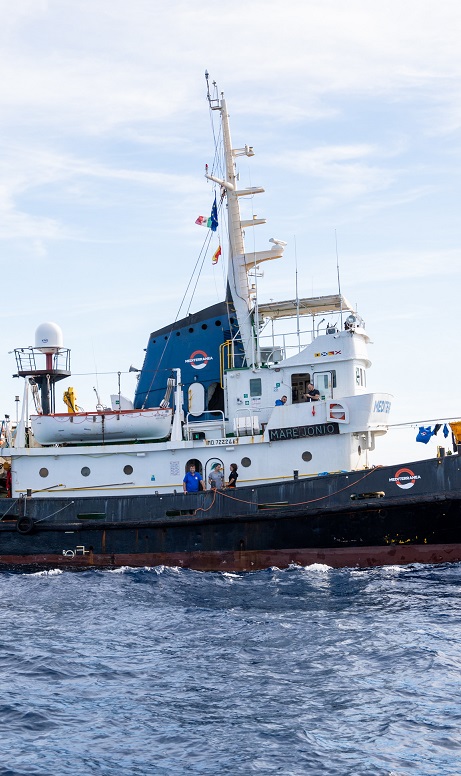
Italy: Police operation against life-saving civil society organisation
At dawn on Monday 1 March the Italian authorities launched an operation against the NGO Mediterranea Saving Humans, which undertakes missions in the Mediterranean to save people in distress at sea, accusing them of receiving money in exchange for taking on board migrants who had been rescued by the Maersk Etienne tanker.
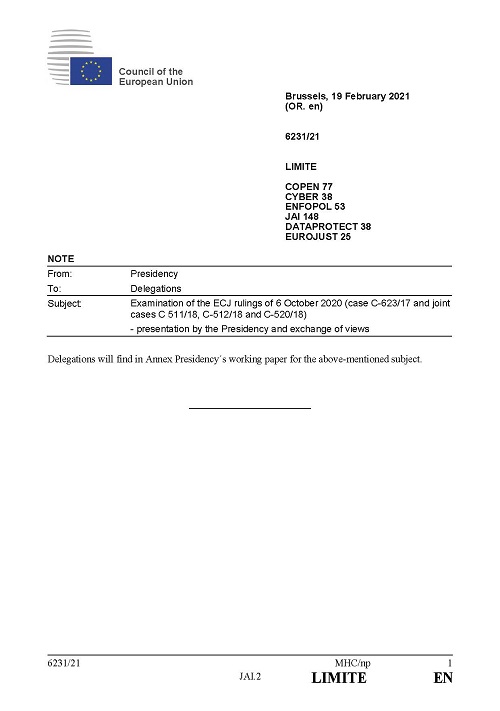
EU: Blanket telecoms surveillance: data retention back on the agenda in the Council
The Portuguese Presidency of the Council of the EU is continuing long-standing discussions on the retention of telecommunications data for the purposes of law enforcement, with the focus currently on "selective/targeted retention" and "retention of source IP addresses and civil identity data".
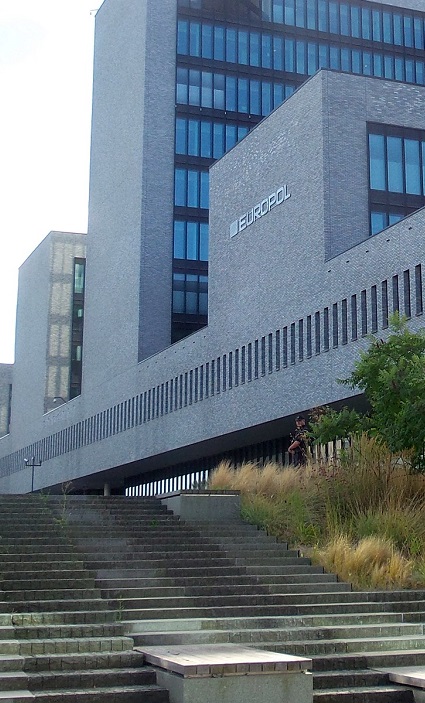
"Artificial intelligence" could be used to screen and profile travellers to the EU
The screening and profiling of tourists and travellers to the EU could be stepped up even further with the use of "artificial intelligence" tools developed by EU agencies as part of the new 'Innnovation Hub for Internal Security'.
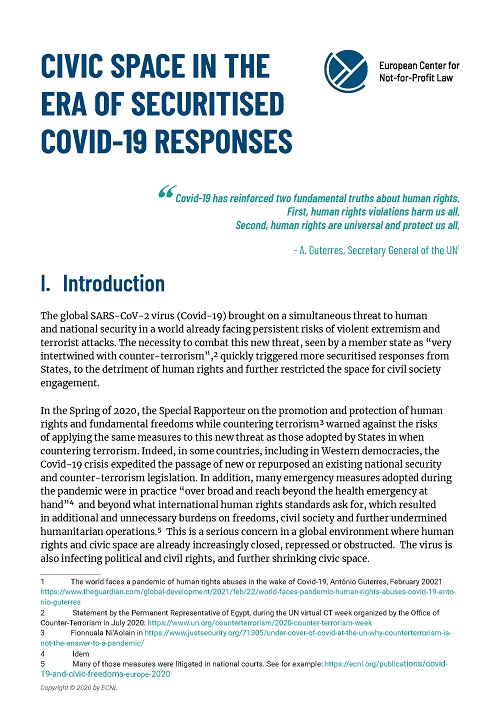
Civic space in the era of securitised COVID-19 responses
A new report from the European Centre for Not-for-Profit Law looking at how security-related legislation introduced or used by states during the pandemic has restricted civic freedoms and human rights.

EU states keen for Frontex assistance in deporting unaccompanied children
Member states are broadly supportive of greater Frontex support for the voluntary and forced removal of unaccompanied minors and other vulnerable groups, according to a document obtained by Statewatch. Current policy prevents the border agency from providing support for removal operations themselves, a stance supported by the agency’s fundamental rights consultative body. The Belgian authorities have proposed trying to convince them to change their position.

New database on the oversight of intelligence agencies in Europe
A European research project examining surveillance, intelligence and oversight has produced a new database that aims to provide "an evolving document archive of laws and regulations, court decisions and official reports surrounding intelligence oversight."
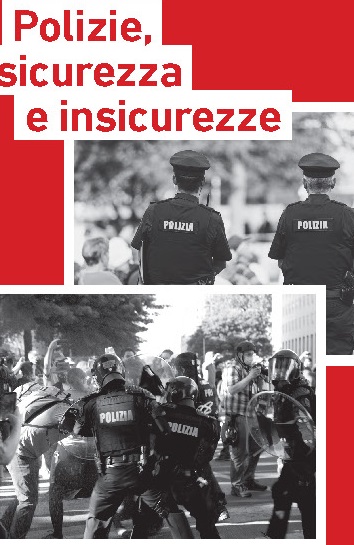
Italy: Policing of marginalised populations examined in new book
A new book by Professor Salvatore Palidda - 'Policing, security and insecurity' - is due to published as the 20-year anniversary of the Genoa G8 (19-21 July 2001), an example of brutal police repression of social movements during a large international demonstration, approaches.
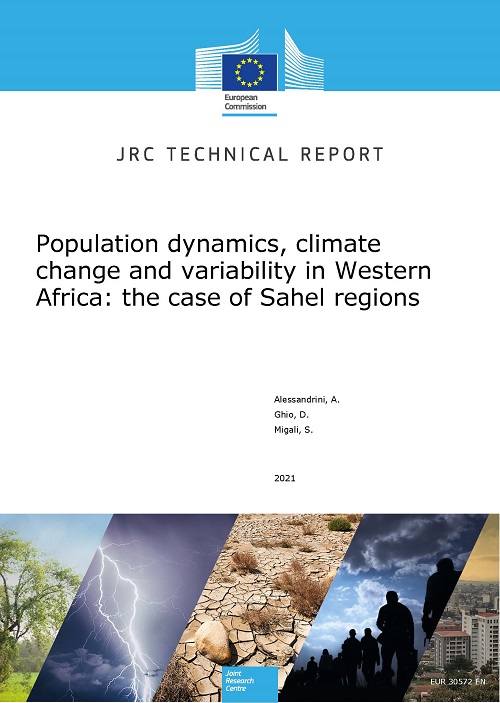
New report examines the "climate change–migration nexus" in the Sahel
A new report from the EU's Joint Research Centre seeks to provide "empirical evidence of climate migration and mobility" in a region of the Sahel in Western Africa, in particular by linking "population and migration data to indicators of slow-onset climatic events". The report provides useful context and detail to the often-invoked figures of potentially hundreds of millions or even billions of 'climate refugees' in decades to come.
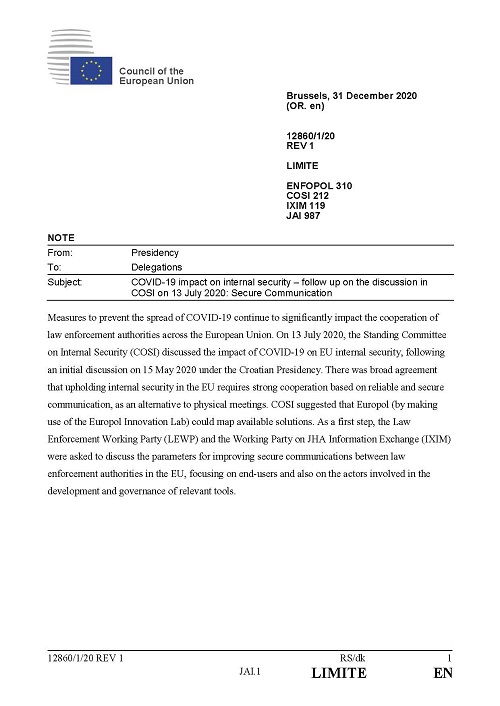
EU: Pandemic propels adoption of "secure and interoperable" cross-border communications tools for police
A document circulated by the German Presidency of the Council of the EU at the end of 2020 outlines efforts to adopt "secure and interoperable communications solutions" for cross-border police communication and cooperation, which seems likely to be a lasting change provoked by the COVID-19 pandemic. However, commercially-available technologies are deemed inadequate.
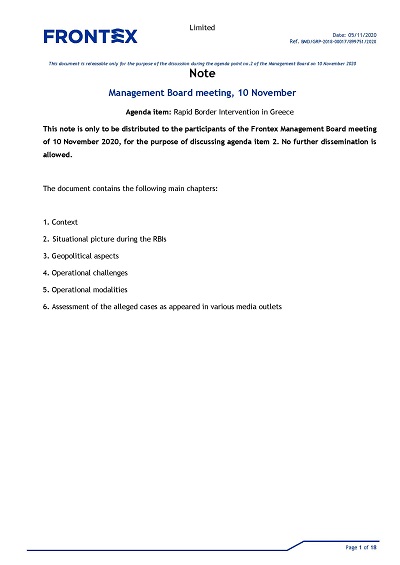
Frontex: Agency's initial response to alleged involvement in pushbacks
Statewatch has obtained a note produced by Frontex for the November 2020 Management Board meeting, when the allegations that the agency was involved in or had knowledge of pushbacks in the Aegean were discussed.

Widening the net: massive expansion of Europol’s data-gathering powers proposed
EU policing agency Europol could have the scope of its data-gathering powers expanded massively under new proposals tabled by the European Commission in December. Current limits on the categories of people the agency can gather data on – such as convicts, suspects, witnesses and victims – would be circumvented, to allow Europol to process “big data dumps” transferred by national police forces, as well as data transferred by non-EU states.
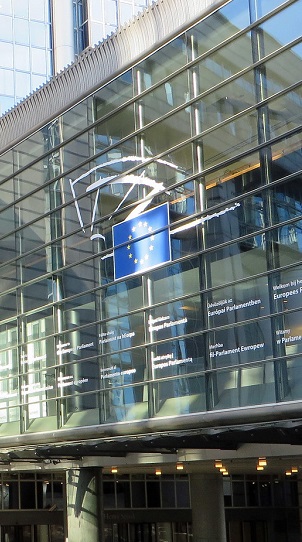
Frontex: European Parliament scrutiny group begins inquiry into rights violations allegations
A permanent European Parliament scrutiny group began work today to “oversee all aspects of the functioning of Frontex”. Launched on 29 January by MEPs in the European Parliament’s civil liberties committee (LIBE), the group is mandated to spend its first four months investigating the allegations of involvement in fundamental rights violations that have dogged the agency since October 2020.

UK: New research agency must not be exempt from freedom of information law, say campaigners
The government is proposing a new Advanced Research & Invention Agency (ARIA), an independent body with a budget of £800 million over the term of the current parliament (until 2024), "to fund high-risk, high-reward scientific research." However, The Times has reported that the agency will be exempt from the Freedom of Information Act - a move that the Campaign for Freedom of Information says "would be wholly unjustified," as the law already protects commercial secrets and research interests.
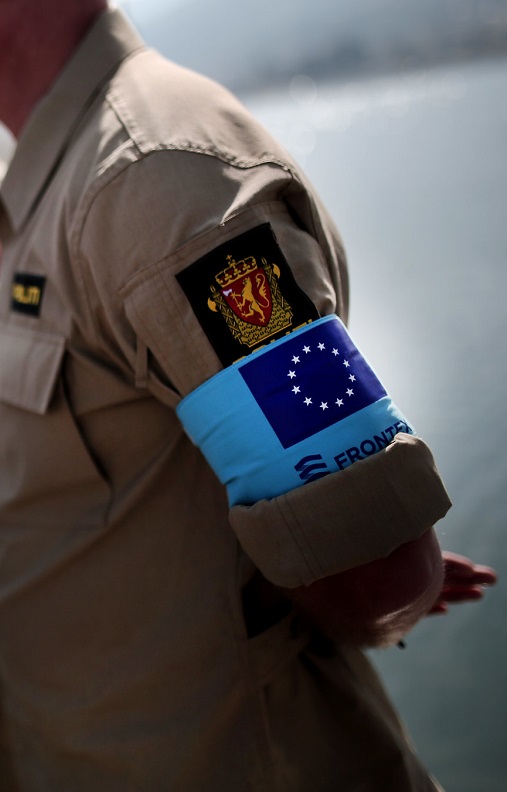
EU: Legal actions pile up against Frontex for involvement in rights violations
Two recent legal actions accuse Frontex, the European Border and Coast Guard Agency, of serious violations of the rights of migrants and refugees in Greece.
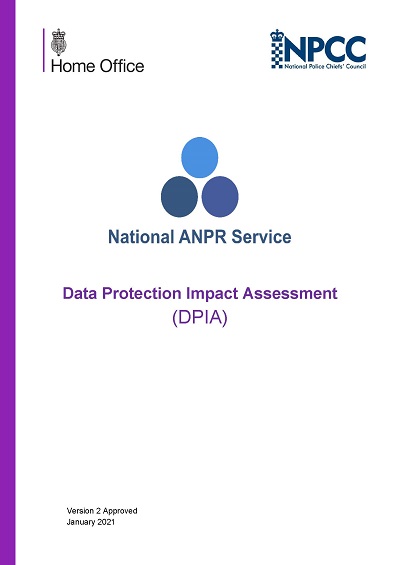
UK: Home Office data protection review of "the largest vehicle surveillance system of its type in the world"
The UK Home Office and National Police Chiefs Council have recently published a Data Protection Impact Assessment (DPIA) for the national Automated Numberplate Recognition (ANPR) system, which captures the location of some 60 million vehicle numberplates every day.
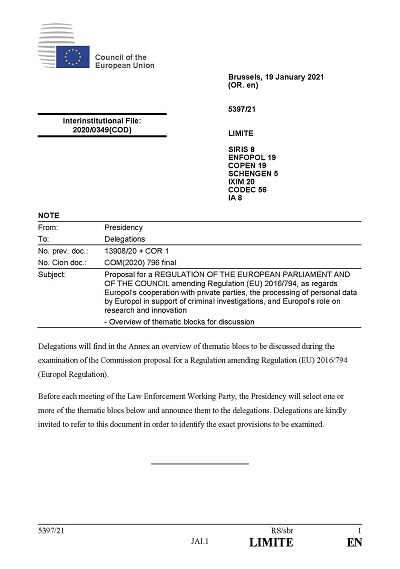
EU: New powers for Europol: Council overview of "thematic blocks for discussion"
A document circulated to national delegations in the Council of the EU shows how the Council intends to divide up its discussions on proposals to reinforce the powers of EU policing agency Europol.
Spotted an error? If you've spotted a problem with this page, just click once to let us know.